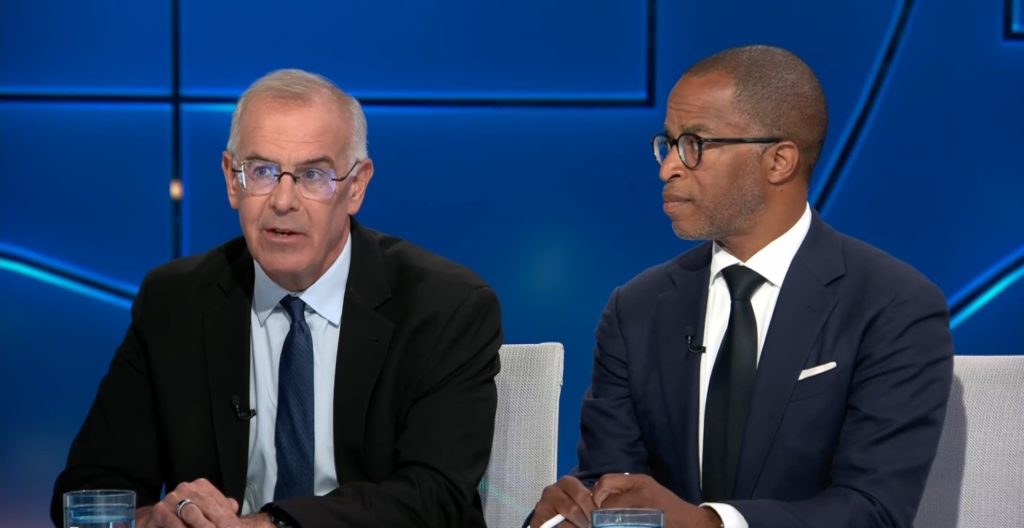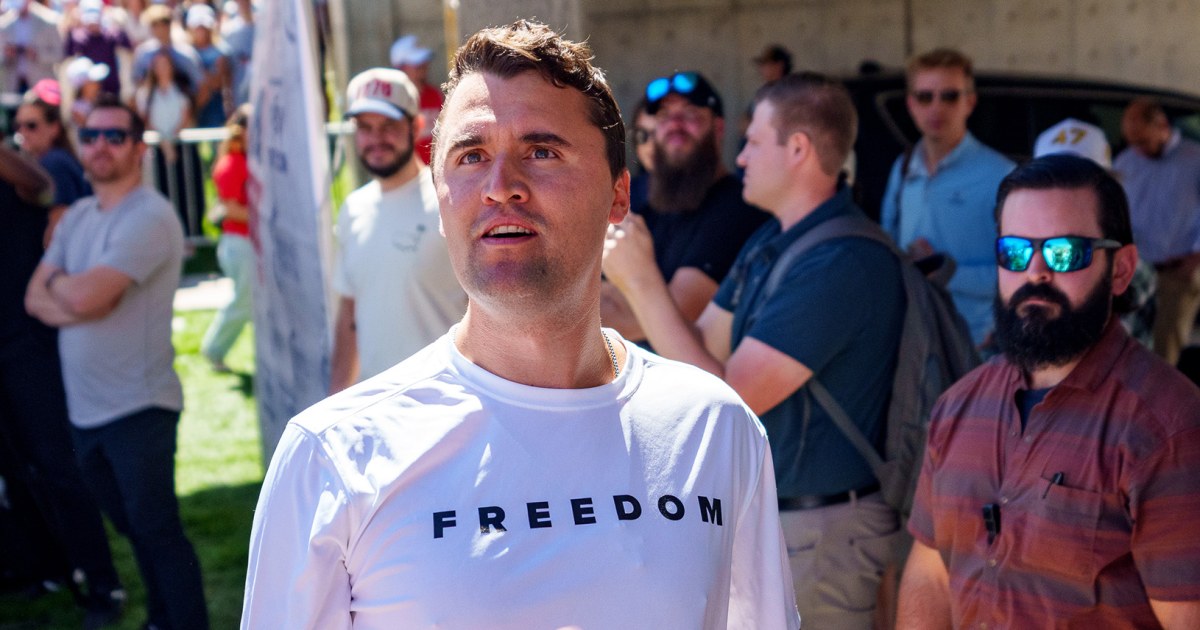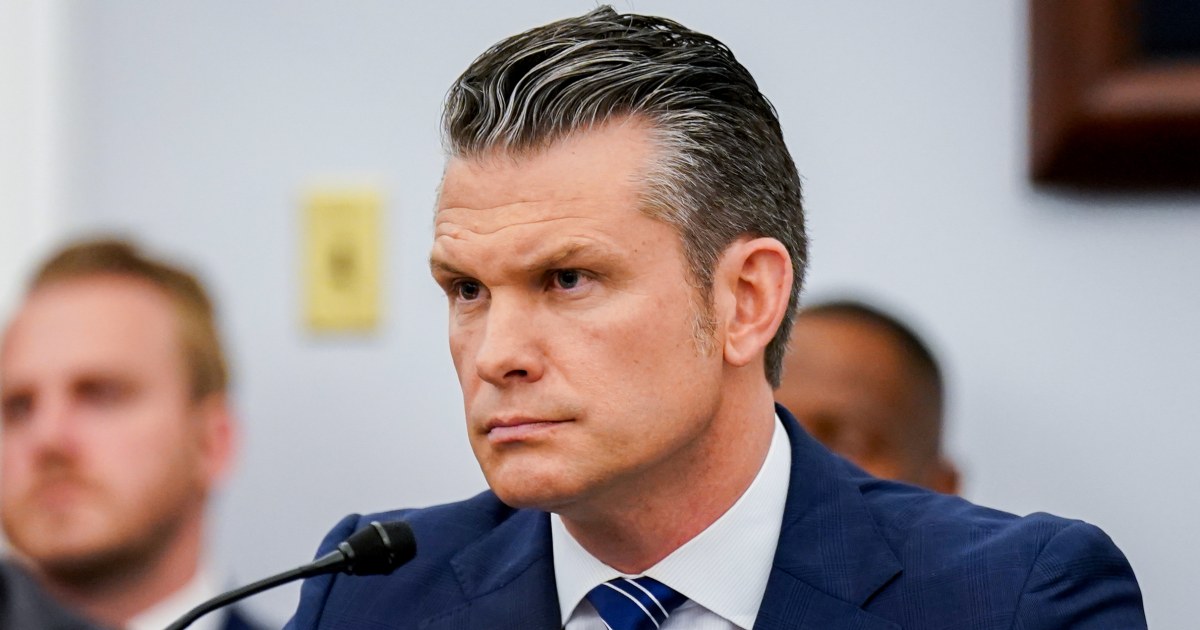
In a latest discussion, renowned commentators David Brooks and Jonathan Capehart delved into the complex panorama of Americans' reactions to the tragic killing of Charlie Kirk. The incident has sparked a wave of emotions and debates across the country, highlighting the deep-rooted tensions that permeate American society today.
The killing of Charlie Kirk has become a flashpoint in the ongoing discourse approximately violence, political rhetoric, and societal department. As Brooks and Capehart analyzed the varied responses, it have become glaring that the incident has touched a nerve throughout exclusive groups. Many Americans are grappling with feelings of anger, confusion, and despair.
Brooks emphasised that the national communique isn't just about one individual's death but rather approximately the wider implications of such events. He mentioned that society is at a crossroads, wherein the public's reaction should both exacerbate existing divisions or lead to meaningful speak. The role of media, in step with Brooks, is important in shaping those discussions.
On the opposite hand, Capehart highlighted the private effect of Kirk's dying on people and families. He argued that past the political implications, there may be a human detail that can not be not noted. People throughout the country are mourning the loss of a lifestyles, and this emotional reaction is a testament to the shared humanity that often receives misplaced in political debates.
The commentators also touched upon the position of social media in amplifying reactions. In trendy virtual age, systems like Twitter and Facebook can be both a source of statistics and misinformation. Brooks and Capehart confused the significance of drawing near these platforms with a critical eye, as they could appreciably impact public notion and emotion.
As Americans technique this tragic event, the need for empathy and expertise becomes paramount. Brooks and Capehart both agreed that the nation should move in the direction of recuperation and reconciliation, in place of permitting anger and department to fester. This requires concerted efforts from leaders, communities, and individuals alike.
Many Americans are calling for optimistic conversations around the causes and consequences of such violence. Brooks and Capehart agree with that these discussions can serve as a catalyst for trade, paving the manner for a greater united and compassionate society. It is a second for mirrored image and motion, because the state grapples with its identification and values.
Furthermore, the commentators mentioned the potential policy implications stemming from the incident. There is a developing call for for reforms that address the underlying problems contributing to violence and division. Brooks and Capehart urged policymakers to listen to the voices of these affected and to craft solutions that sell protection and justice for all.
In conclusion, the killing of Charlie Kirk has sparked a vast and emotional reaction throughout the US. The discussions led through Brooks and Capehart spotlight the complexities and demanding situations going through the kingdom. As Americans retain to react, the focal point must remain on fostering communicate, understanding, and harmony. Only then can the u . s . a . wish to transport forward and heal.
In these challenging times, it's miles crucial for all people to interact with the problems at hand thoughtfully and compassionately. By doing so, the kingdom can honor the reminiscence of those lost and work towards a future in which violence and division are replaced through peace and team spirit. The communication initiated by way of Brooks and Capehart serves as a reminder of the strength of discussion in shaping a higher international.










